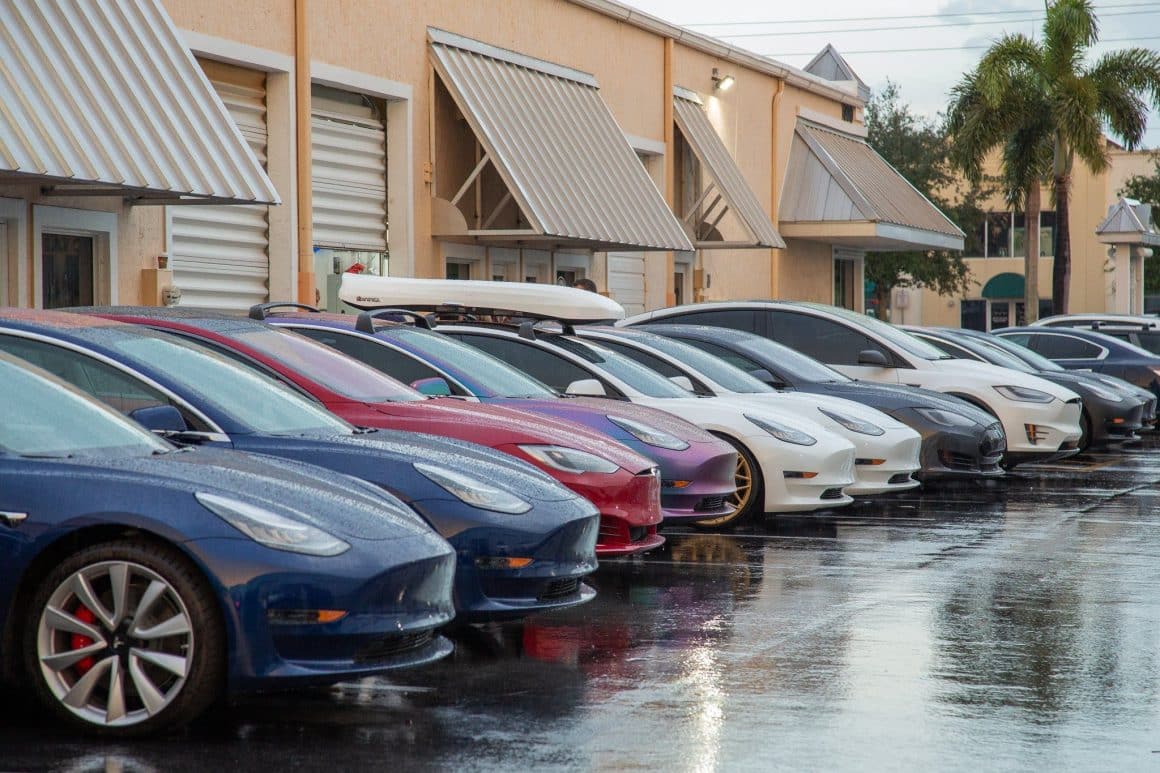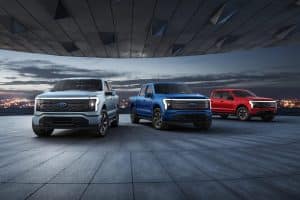As it becomes clearer that electric transportation is the future, the haters, Luddites and boo-birds are out in full force. Every single day I see a slew of anti-EV material online. Some of these are articles in reputable media (e.g. Politico), which marshal reasonable-sounding arguments to explain why their readers should wait another few years to buy an EV, or why it will take decades for e-mobility to “catch on” (these are often filled with falsehoods and/or oil industry talking points). Over on the social media side, we see a steady stream of barely-coherent rants, complete with misspellings and grammatical errors, that repeat the same scare stories week after week.
Jim Motavalli, writing in Treehugger, tells us how, after he wrote a piece in Autoweek about the major automakers’ plans to eventually phase out internal combustion engines, the comments section quickly filled up with naysaying. Many commenters harped on the “inconvenience” of driving electric, and quite a few portrayed electrification as something that government and “major corporations” are trying to force on an unwilling public. One, more insightful than most, pointed out the huge contrast between the overwhelmingly anti-EV tone of comments on Autoweek (which covers both ICE and electric vehicles) and more pro-EV sites, where readers rhapsodize about the joys of driving electric, and grouse about timid government support for EVs and the half-hearted efforts of legacy automakers.
EVs will eventually displace ICE vehicles not because they save money, or because of their (very real, whatever the Autoweek crowd may say) environmental advantages. They will win drivers over because they’re better vehicles—more practical, more convenient, better-performing and more fun to drive. At least, this is what I and other chroniclers of e-mobility have been saying for years, and now technology is beginning to catch up to our optimism. The selection of available EVs is growing, ranges are more than sufficient, and public charging infrastructure is proliferating.
Depending on who you talk to, major automakers are either “all in” on electrification, or fighting a rear-guard action to delay it as long as possible.
Audi execs told Treehugger at a recent online panel, “By 2026 we will be launching only purely electric vehicles. We are firmly convinced that the industry is going in this direction, and that customer demand will follow.” Well, that’s a welcome change, if it’s sincere. In 2020, Audi’s Chairman of the Board, Markus Duesmann, told the German news magazine Focus (English synopsis in CleanTechnica) that ICE vehicles “will be alive for a very long time,” and that “we continue to invest massively in the development of combustion engines.” Ralf Brandstätter, the then-new head of the VW brand, made similar comments around the same time, saying that VW would be offering ICE models for a long time to come.
Toyota has evolved from an electrification innovator into the industry’s most influential anti-EV voice. The New York Times reports that a senior Toyota executive recently traveled to Washington to argue against the Biden administration’s proposed measures to promote EVs. Toyota’s lobbying effort in Washington is part of a worldwide strategy of opposing stricter emissions standards and EV mandates—the company has also argued against pro-EV policies in India, Mexico and Japan.
The Renault Group, which is currently one of the largest EV-makers in the European market (in contention with a certain California company), is now trying to talk EU policymakers into extending the proposed ICE ban from 2035 to 2040. In a statement filled with bizarre, convoluted logic, Gilles Leborgne, the Renault Group’s Executive VP for Engineering, recently told Auto Express that, although the company has the technology to go 100% electric, the Dacia brand will only be selling 10% EVs by 2030, “because people need to move and they need to have affordable cars.”
It’s a little hard to see the conspiracy to shove EVs down our throats that the Autoweek readers are afraid of. It’s surely true that the major automakers are working hard to convince the left-leaning press of their commitment to EVs, but their customers, and their servants in government? Not so much. Fortunately, advancing technology, and competitive pressure from a certain California company called Tesla, is forcing their hands. As long as Tesla’s innovation factory keeps humming, automakers will have no choice but to move forward with the transition to EVs. If automakers’ lobbying efforts can’t turn back the tide, the flood of snarky online comments certainly won’t.
Written by: Charles Morris; Source: Treehugger; Video: Bloomberg Markets and Finance





